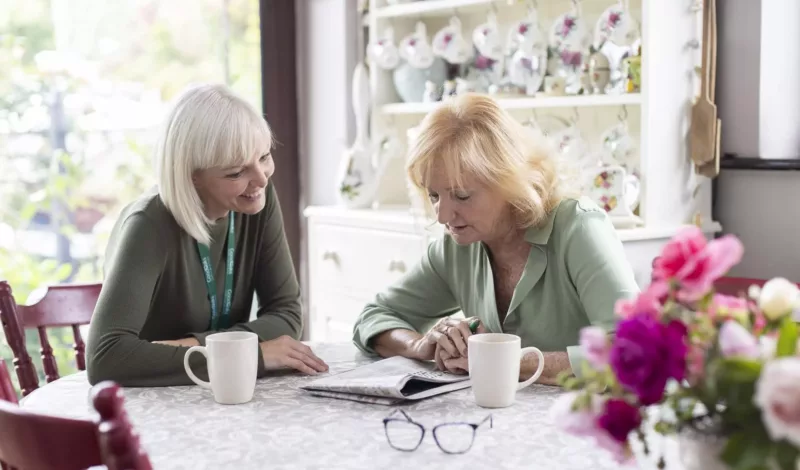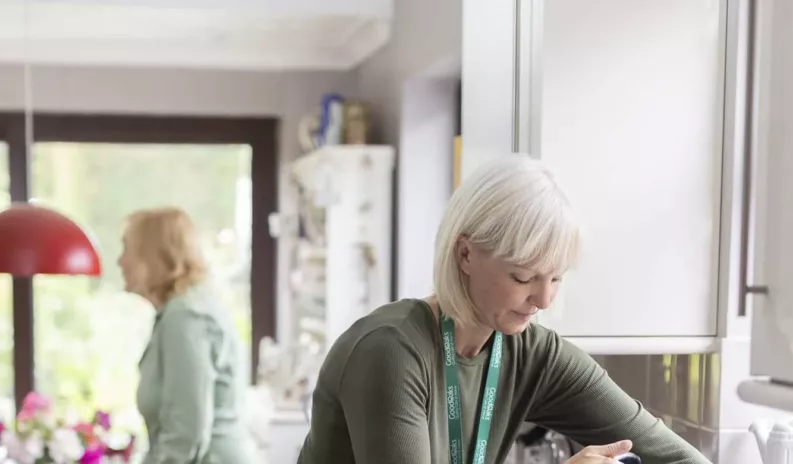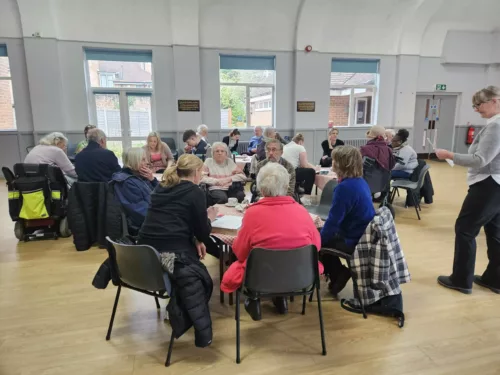
If you are caring for a family member or friend, then you will know how stressful and demanding the role can be. Caring for someone who is elderly or disabled involves a huge amount of time, energy and effort on your part. It can take a toll on both your physical and emotional wellbeing.
If you have been caring for someone for a long time, then it is important to give yourself time off to recharge your batteries and get back to normal life. Respite care is an important part of being able to look after elderly relatives without having to give up work or other commitments. This type of care allows you to take a break from caring duties so that you can take some time out for yourself.

What is respite care and what does it involve?
The aim of respite care is to give people who are providing care, a break from their responsibilities allowing them time to rest, fulfil other duties and take some time to focus on their own wellbeing. It’s usually short term and provided by a paid care professional and someone who is not related to the person with needs.
Respite care can cover anything from companionship to general household duties including meal prep, medication management or going out for a coffee and a stroll. The more complex specialist care needs can also be undertaken by live-in care professionals who will provide round-the-clock care at home.
There are different types of respite care available and here are some options for you to consider:
- Paid homecare
This is sometimes known as domiciliary care or even home help and means a paid care professional will come and visit you at home and take over your responsibilities, allowing you to take a break and rest. This can be as simple as daily companionship visits, to personal care or even live-in care.
- Sitting services
This could be a solution if you as the care professional need to take a short break of a few hours here or there. It involves a trained volunteer, often via a charity, coming to your address and sitting with the person to keep them company whilst you’re away. This service is usually free but there may occasionally be a small charge associated.
- Residential respite care
This involves a short, temporary stay in a care home and can be planned in advance. For example, if you have an upcoming holiday. Your family member will move into the care home for a week or two and will have all their needs met. In some cases moving into residential care for a short period of time, allows them to socialise with other residents and a great opportunity to get involved with fun group activities.
How to arrange respite care?
As mentioned above, proper hydration and nutrition is vital to wellbeing, especially in older people. Ensuring you have healthy nutritious food and lots of fluids to keep you hydrated is vital.
Our care professionals help with cooking and can make sure you have tasty and delicious meals to eat, it’s all part of our service!
Remember if you are ever concerned about yourself or a loved one, you can call the NHS on 111. However, in an emergency always call 999 immediately.
If you would like help or support for you or your loved one, please feel free to get in touch for a free consultation about the care we could provide.





